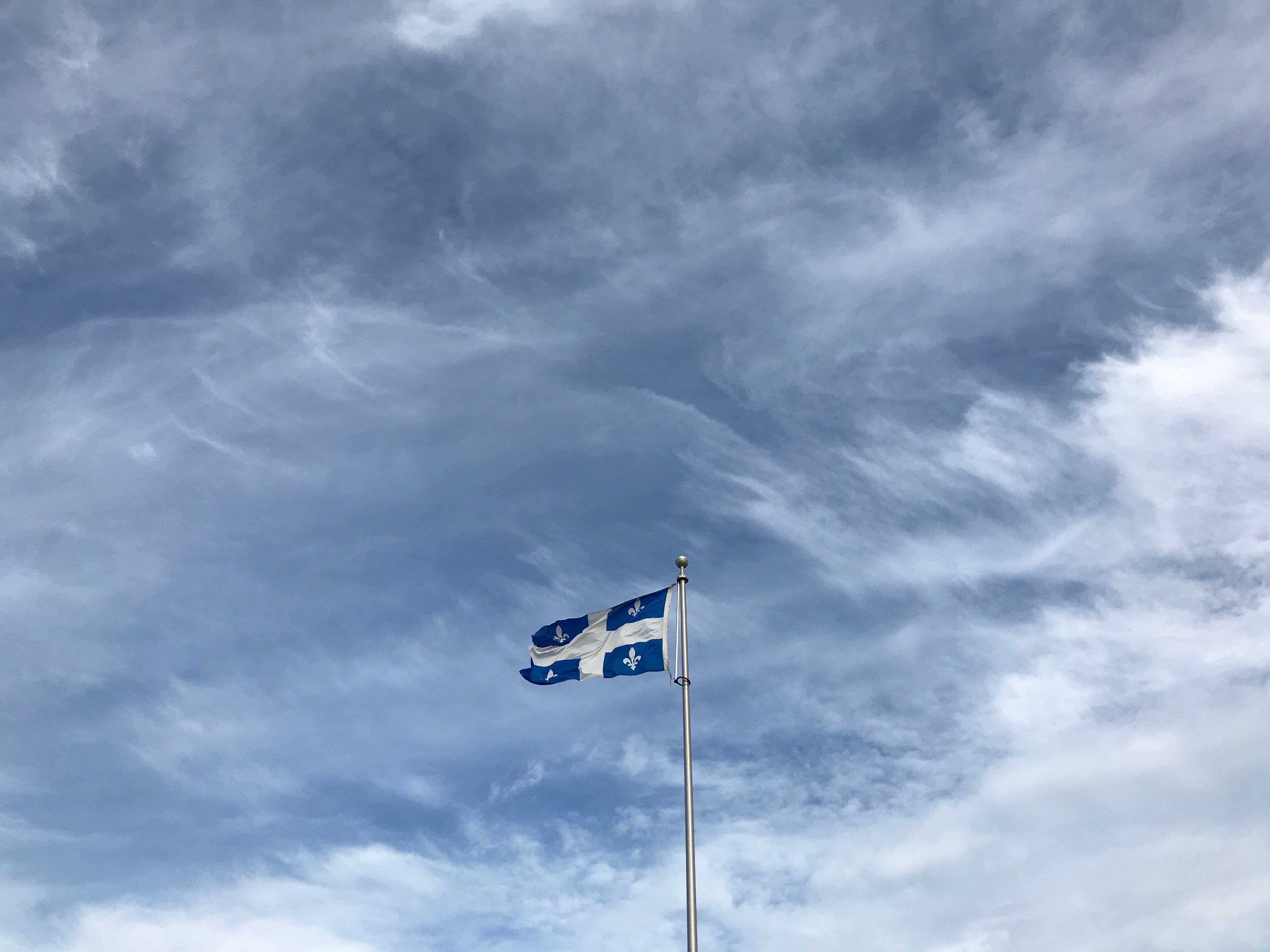Post by Alexa Macumber
– – –

On November 2, 2021, Executive Director of Christian Legal Fellowship, Derek Ross, spoke at a Center for Global Justice event.
He spoke about the importance of upholding religious freedom and how that essential right is slowly being eroded in Canada.
On March 28, 2019, the National Assembly of Québec introduced Bill 21: “An Act respecting the laicity of the State.”
In its preamble, Bill 21 forbids anyone performing government functions from “wearing religious symbols in the exercise of their functions.”
Some occupations included under the prohibition are as follows. Judicial clerks, sheriffs, bankruptcy registrars, commissioners, arbitrators, lawyers, notaries, school principals, teachers, and many more.
– – –
These people are prohibited from wearing the following.
“[A]ny object, including clothing, a symbol, jewellery, adornment, an accessory or headwear. That is worn in connection with a religious conviction or belief or is reasonably considered as referring to a religious affiliation.”
Who is affected?
Many people have already been affected by Québec’s law. For example, Basir Naqui, a practicing Muslim who wears a beard and a head covering, is not be able to become a Crown Prosecutor. Likewise, Imane Melab, a practicing Muslim who wears the hijab, is not currently able to practice law in the public sector.
Although this law may seem to target Muslims, it has drastic affects for all people of faith. Jews are forbidden from wearing Yakamas. Similarly, Catholics are forbidden from wearing rosaries. As Derek suggested, he, as a Christian, would be forbidden from pinning a Christian Legal Fellowship lapel to his suit jacket.
Even more alarming, having a cross or other religious symbol tattooed on one’s body—even if covered by clothing—could potentially violate this law. And could potentially disqualify an applicant from applying to a governmental position.
To clarify, Bill 21 sends a message to people of faith that the way they practice or express their religious beliefs is undignified and does not deserve protection by the state.
Above all, Bill 21 signifies that there is something fundamentally wrong or harmful with religious practices. Insinuating that the public must be protected from such people.
It is concerning if Bill 21 is truly “An act respecting the laicity of the State.”
The Bill further suggests that religious people are incapable of occupying important roles in society because they are incapable of impartiality and objectivity. Consequently, religious people are ostracized from participating fully in public institutions.
In sum, this division creates “second class citizenry.” Where to be accepted as a full citizen, religious people must take on the appearance of the majority and abandon their faith. Forcing people to choose between acting in accordance with their soul and conscience and keep their chosen profession.
This is exclusionary, cruel, and dehumanizing.
Although Québec is just one Canadian providence, one-third of Canadian citizens surveyed outside Québec were in favor of the law.
To prevent this law from expanding across Canada, CLF has been granted leave to intervene in the litigation challenging Bill 21 at the Québec Court of Appeals.
CLF plans to make two main arguments. (1) certain aspects of religious freedom can never be taken away by the state. And (2) nothing in the Canadian Charter can override this fundamental right.
“The [Canadian] Charter was enacted to restrict—not extend—the government’s power over human rights. Religious freedom—and the state’s corollary duty to respect it—was constitutionally recognized in Canada long before the Charter. . . . Canadian courts recognize . . . that all people have . . . an inherent right to freedom of religion. This is something [that] cannot suddenly [be] take[n] away.”
Montreal lawyer and past CLF President, Robert Reynolds, representing CLF in the Bill 21 litigation.
_______________
*This post was written by a Center for Global Justice Student Staff member. The views expressed in this post do not necessarily reflect those of Regent University, Regent Law School, or the Center for Global Justice.

